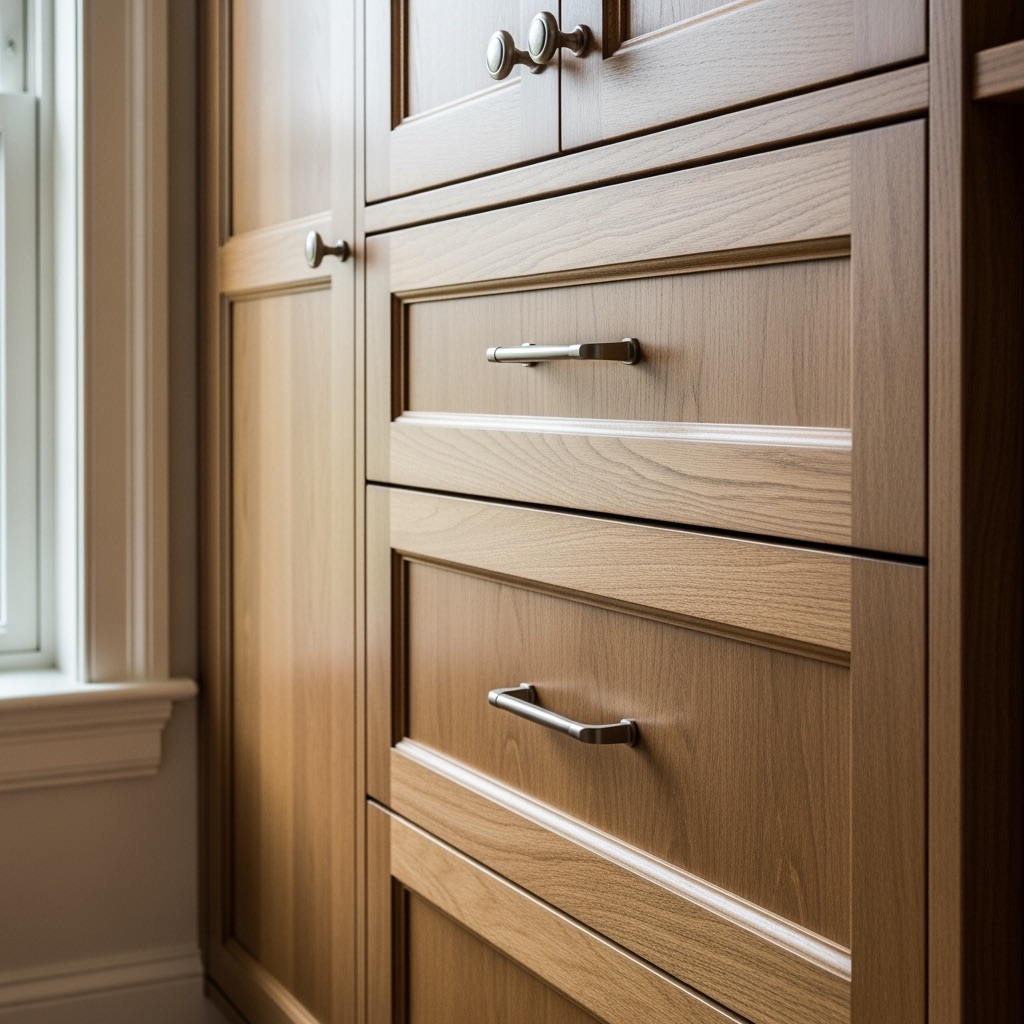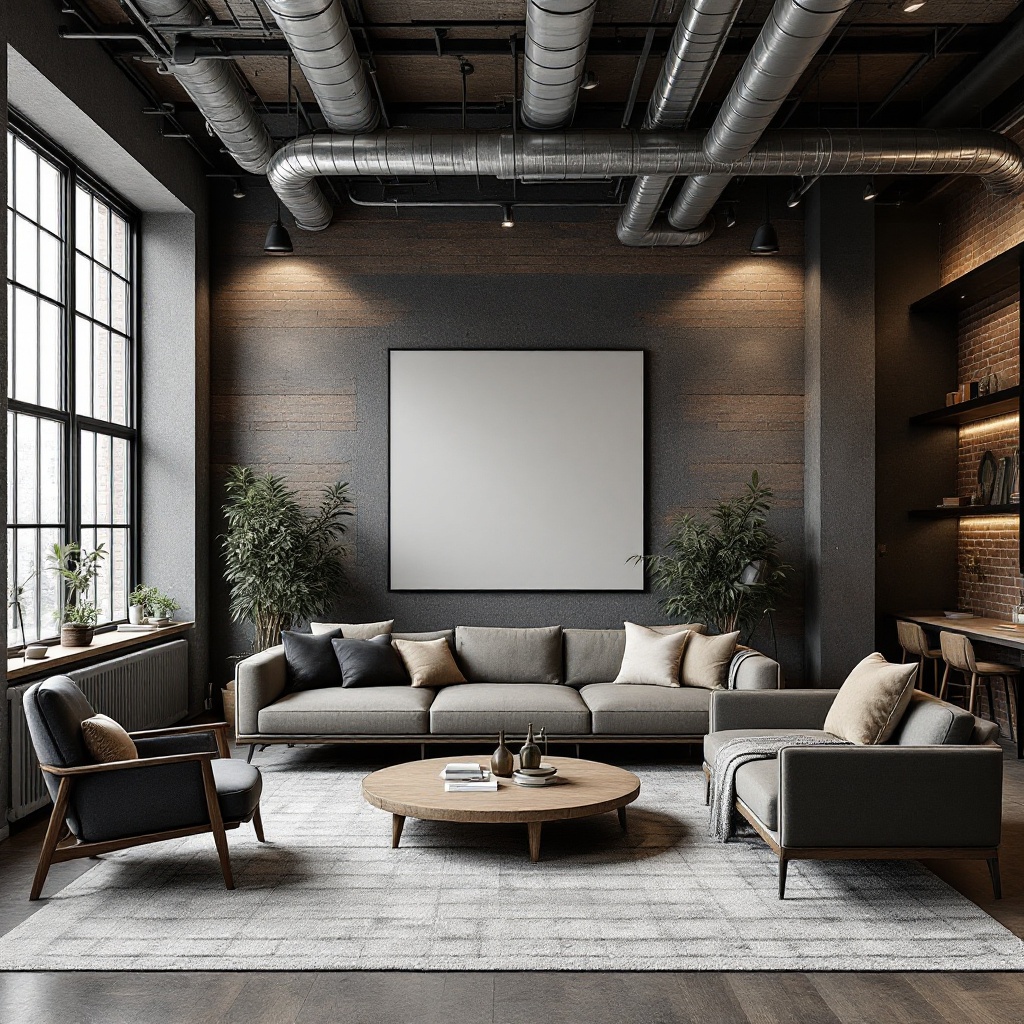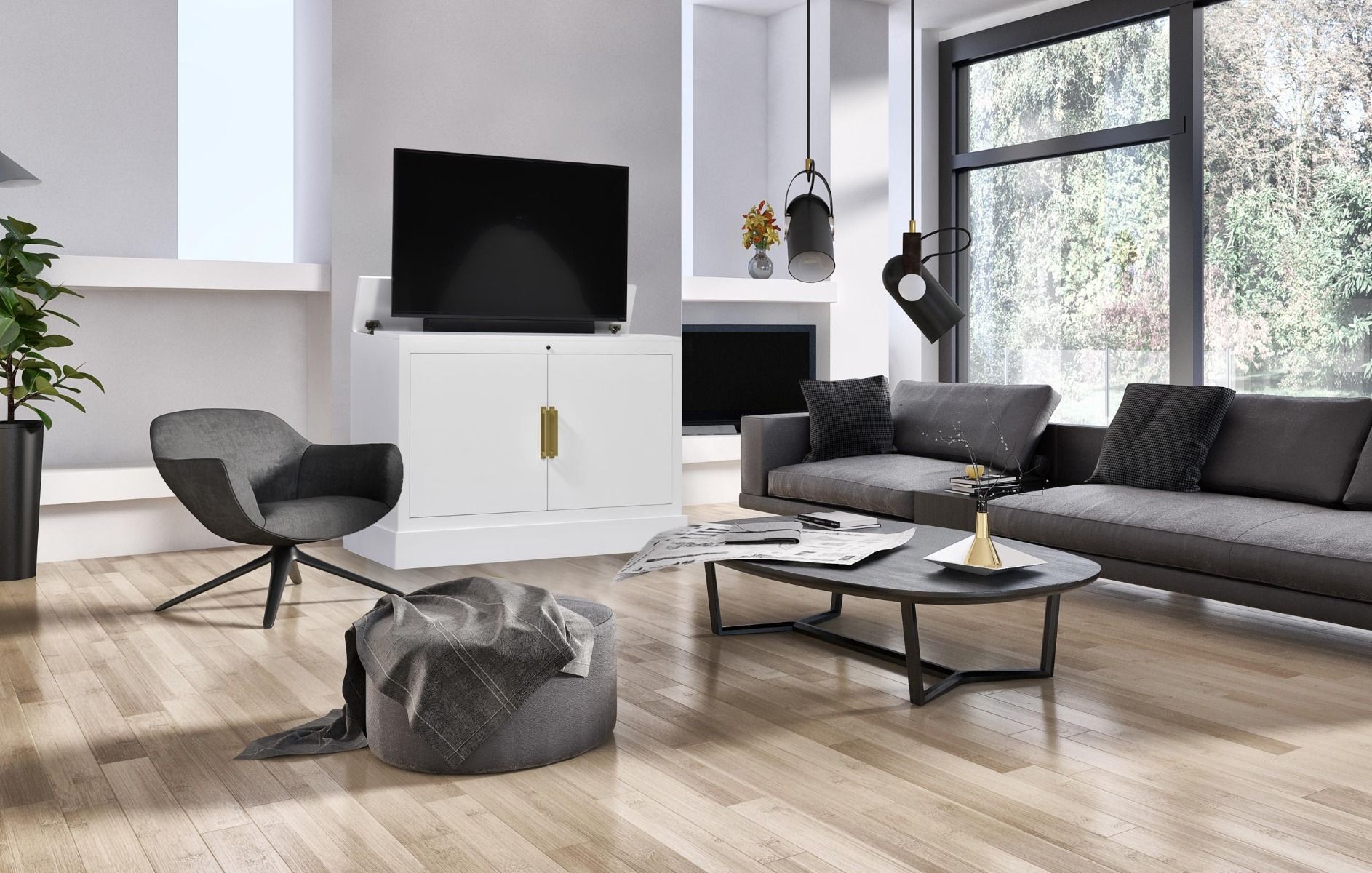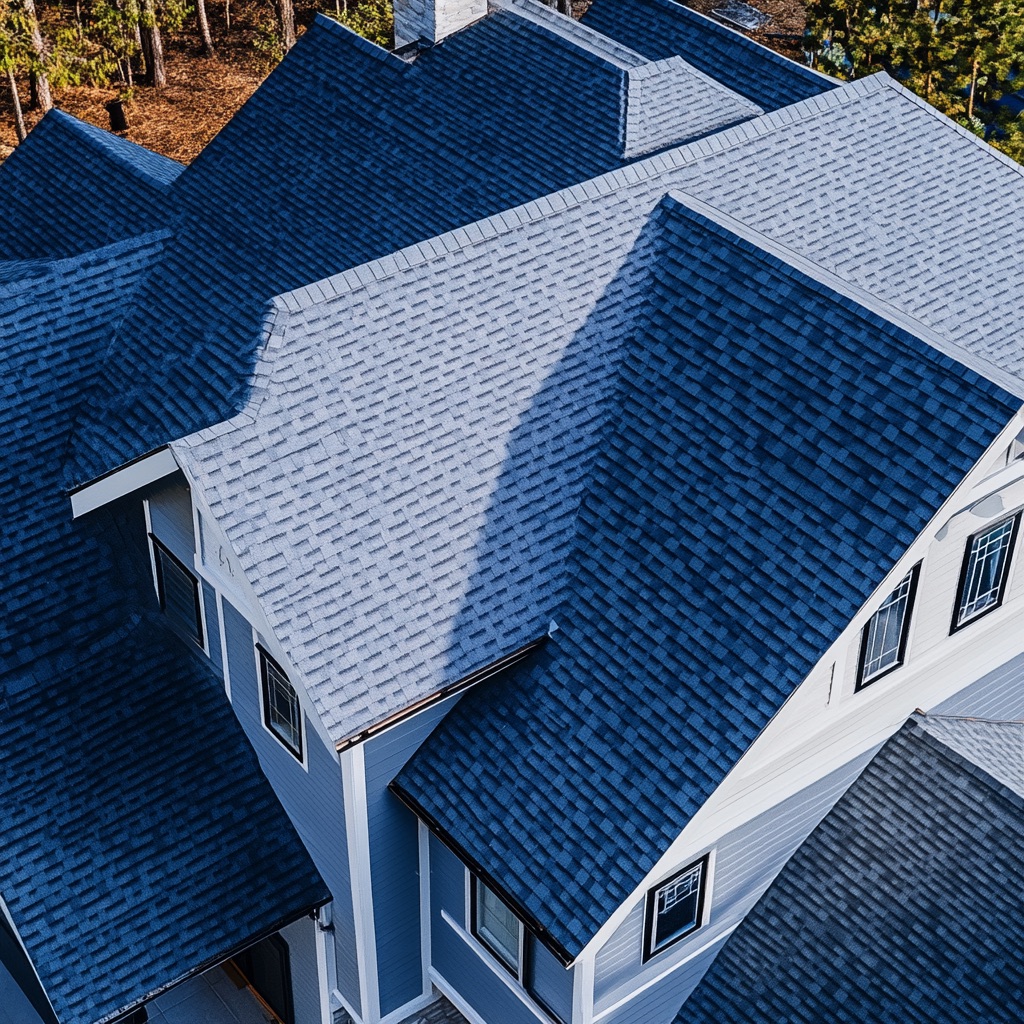Last updated on
Here are eight important factors to consider before buying a new home. Read on!
Buying a home is one of the biggest investments you will ever make, so it’s important to do your research and consider all factors before making a decision.
There are many things to think about when buying a home, from location and price to size and amenities.
Here are 8 key factors that should be taken into consideration when making this life-changing purchase.
Location
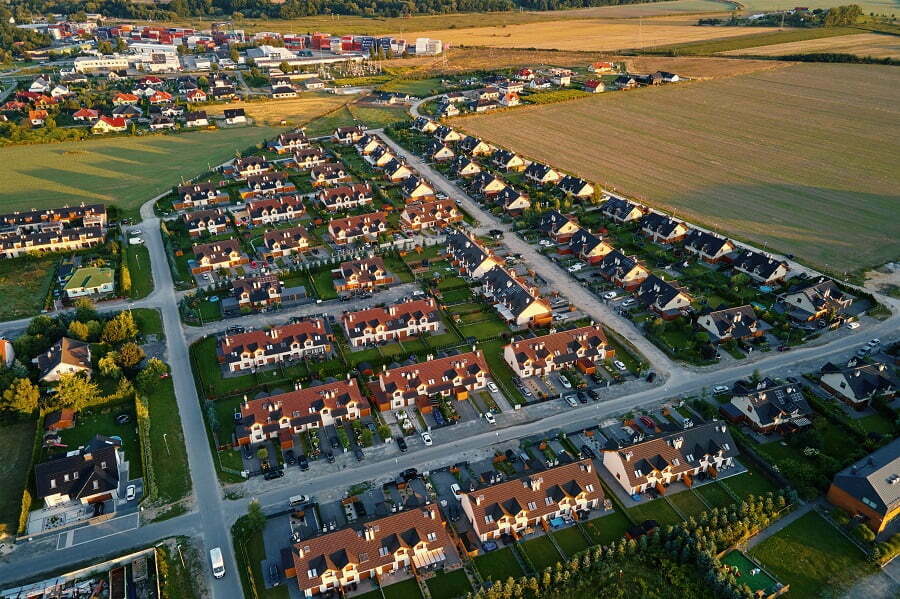
What neighborhood do you want to live in? Are there good schools nearby? Is it close to public transportation, restaurants, and shops? Consider these factors when selecting the perfect location for your new home.
In addition, remember that location affects resale value and could be a good investment down the line. Also, take into account the potential for gentrification in the area, which could increase your home’s value over time.
For example, if you buy in an up-and-coming neighborhood, you could benefit from significant appreciation and see a return on your investment. So make sure to do your due diligence and research the area in-depth.
Price

How much can you afford to spend on a home? Do an honest assessment of your finances, including down payment savings, monthly income, expenses, and debt load. Then consider what type of mortgage will work for you and how much house you can actually afford based on that information.
Don’t get caught up in bidding wars or feeling as if you have to buy the most expensive home available; remember that your financial situation is unique and there is no ‘one size fits all answer when it comes to price.
For instance, you may be able to purchase a fixer-upper and make some improvements yourself, which can be a great way to get more bang for your buck.
Size
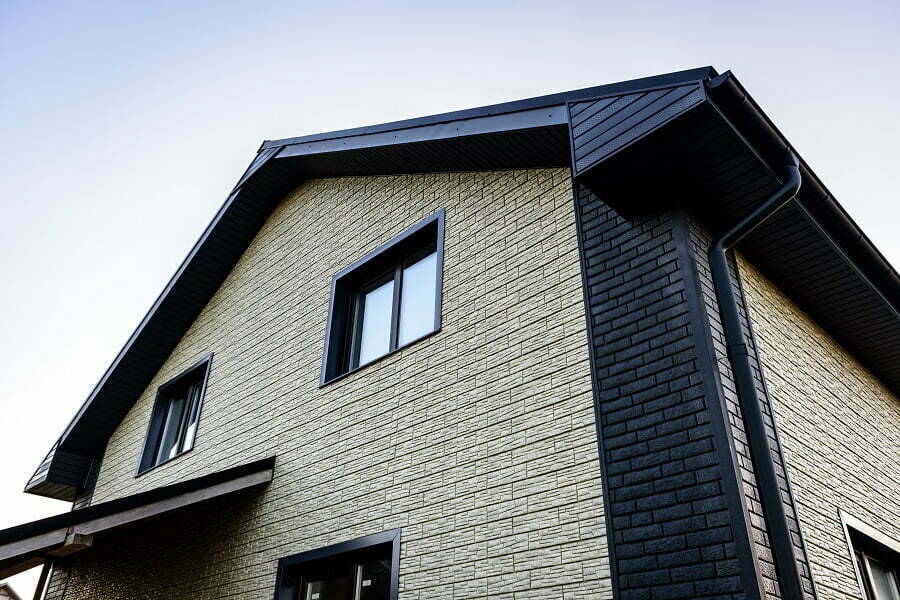
Before setting out on your house hunt, determine how much space you need. Do you plan on having children or starting a family? Think about what size of the home will accommodate your lifestyle now and in the future.
Consider the number of bedrooms and bathrooms needed, as well as outdoor space for entertaining and activities. Also, consider whether you’d like an open floor plan or one with multiple rooms; this could influence the size of the home you decide to purchase.
Furthermore, take into account potential resale value when selecting size – certain sizes tend to have a higher appreciation. Additionally, some neighborhoods have lot size restrictions, so make sure you read up on those before selecting a home.
Safety of the Building

Safety is a top priority when buying a home. Make sure to research crime rates in the area and inquire about any other potential safety concerns.
Additionally, inspect the property for any issues that could cause an unsafe living environment, like mold or structural damage.
You should also investigate how far away the nearest fire station, police station, and hospital are located from your prospective home.
Also, make sure you search and compare prices before you choose an inspection company. For example, if you live in Adelaide, then make sure you have an idea about building inspection costs in Adelaide before you hire a company so you stay within your budget.
Finally, always keep an eye out for homes with updated safety features, such as smoke detectors and security systems; these can help you feel more secure in your new abode.
Condition

It’s important to inspect the condition of a home before purchasing it. Look for things like foundation cracks, water damage, pest infestations, electrical problems, and plumbing issues.
You should also consider the age of the home and its energy efficiency. Older homes tend to have more maintenance needs than newer ones, so factor this in when deciding which property is right for you.
Additionally, if you’re buying a fixer-upper, make sure to calculate the cost of all necessary repairs in your budget before signing on the dotted line because you don’t want any surprises down the road. For instance, you might need to factor in the cost of asbestos removal if it’s present, which could be a major expense.
Amenities

Do you need a large backyard for entertaining or would you prefer an enclosed space with a swimming pool? What type of features do you want in your homes such as hardwood floors, granite countertops, or stainless steel appliances?
Think about which amenities are must-haves and which ones are nice-to-haves that can be added down the line if needed. Consider whether the home has enough storage space and the potential for adding more if necessary; this is especially important for families who may need additional room to store items.
Factor in any outdoor landscaping ideas when evaluating properties as well, such as large trees or a garden. This is important for those who enjoy spending time outdoors and are looking to create a peaceful atmosphere.
Budget

Cost is always an important factor when buying a home and should always remain top of mind throughout your search process. Make sure you have a realistic budget in mind and research the average price for homes in your area.
Additionally, factor in costs like property taxes, closing fees, homeowner’s insurance, and additional maintenance expenses. Consider any planned home improvements or upgrades that could add to your overall cost as well.
Finally, consider enlisting the help of a financial professional who can provide advice on how much house you can comfortably afford. This will help you make sure that your purchase fits within your budget.
Future Plans
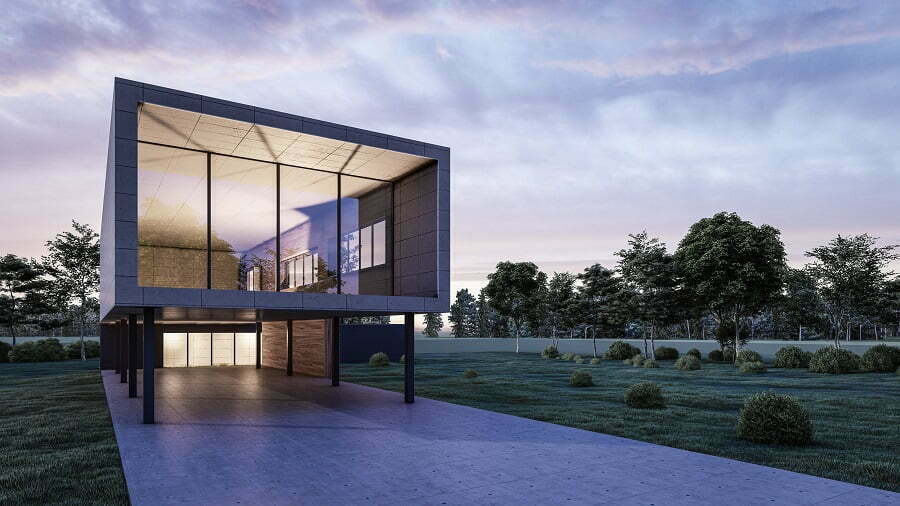
When buying a home it’s important to consider your long-term plans; are you planning on staying in it forever? Starting a family soon? Have intentions of selling in a few years? All of these things should be taken into consideration when you’re looking at properties.
For example, if you plan on having children then it’s important to find a house with enough space for their needs. Or, if you intend to resell in the future then make sure you purchase something that has the potential to increase in value over time.
Additionally, think about whether there are any specific features that would help make your life easier in the long run such as extra outdoor storage for yard equipment or a smart home technology system.
When searching for a home, it’s important to consider all of the factors that go into making an informed decision. From condition and amenities to budget and future plans, make sure you take everything into consideration before signing on the dotted line.
Building inspection should also be taken into account when evaluating homes so that no surprises arise down the road. With these tips in mind, we hope you find your dream home soon!
Recap
